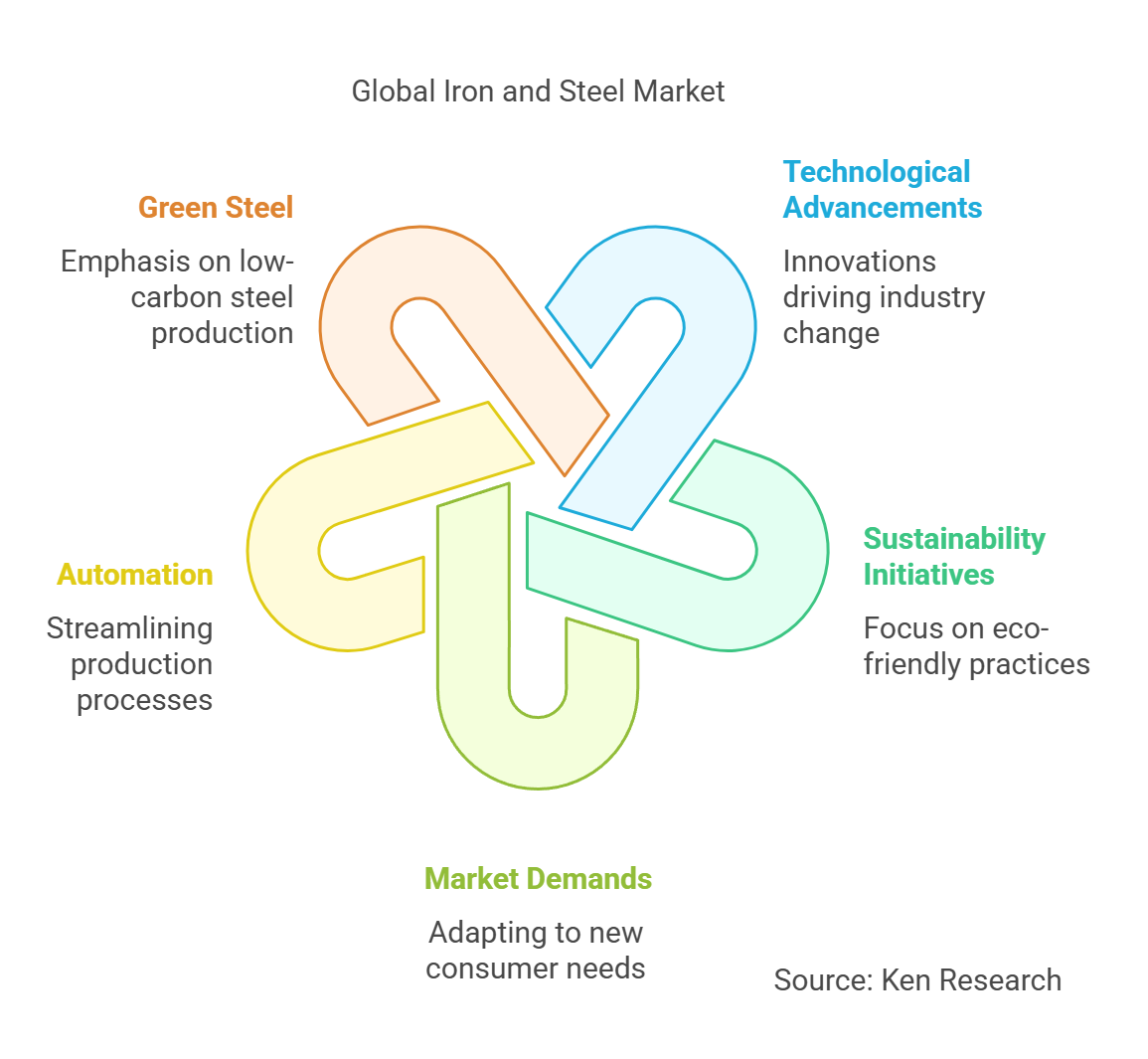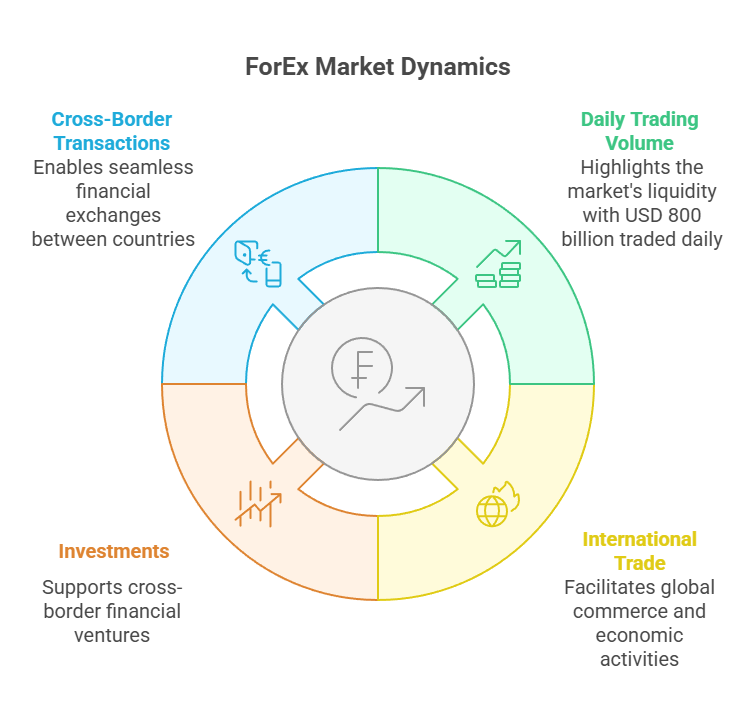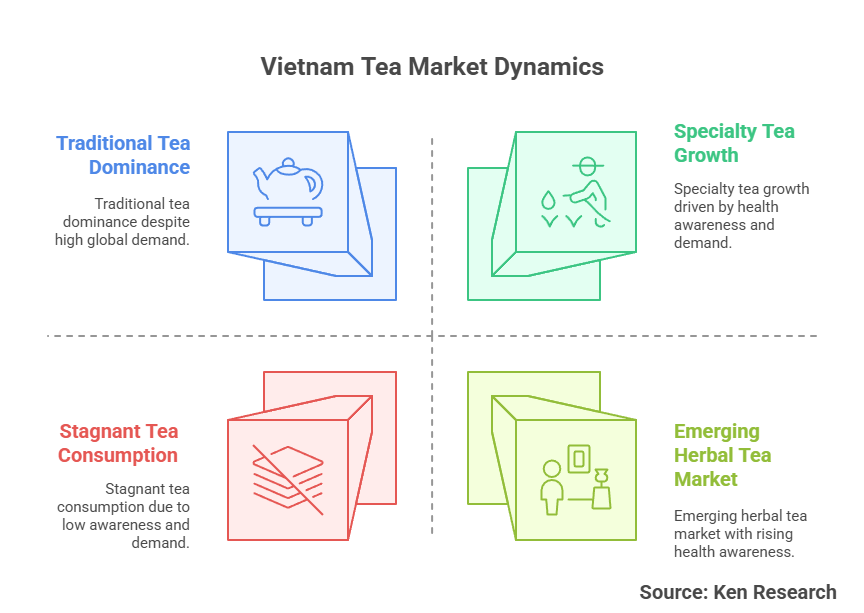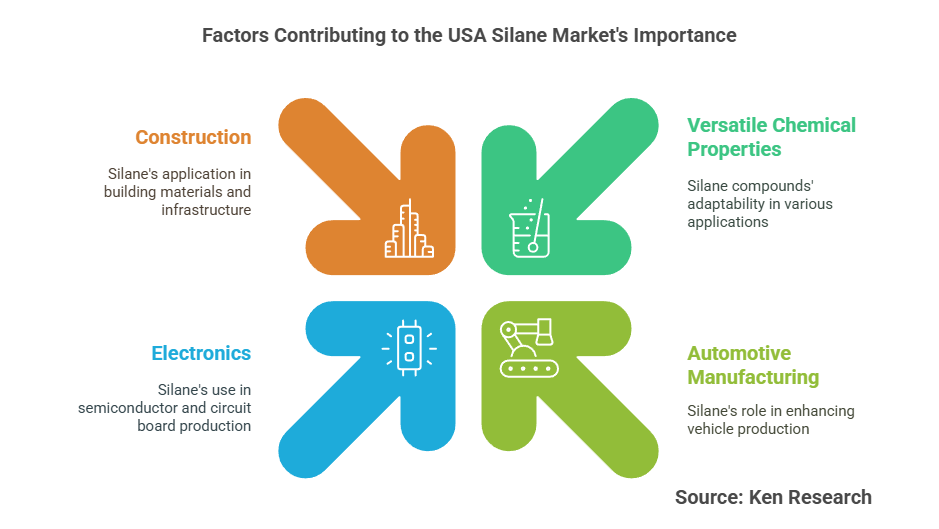Understanding The Growing Landscape of The Philippines E-Learning Market
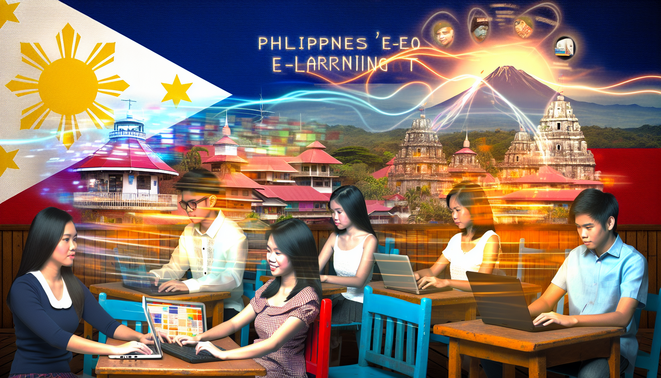
The Philippines e-learning market is experiencing significant growth driven by increased internet penetration, a surge in smartphone usage, and changing education dynamics. As technology becomes integral in learning, the market is projected to expand considerably over the coming years.
As of 2023, the Philippine e-learning market is valued at approximately USD 1.1 billion, reflecting a compound annual growth rate (CAGR) of around 16.4% from 2023 to 2028. This growth highlights the increasing adoption of digital learning solutions among educational institutions and corporate training programs. For a more detailed analysis, refer to the Philippines E Learning Market.
Exploring the E-Learning Ecosystem
The e-learning ecosystem comprises various interconnected components that enhance online education, facilitating seamless learning experiences for students worldwide. Each contributor within this ecosystem plays a pivotal role, from content creators to technological platforms, ensuring that educational delivery is effective, engaging, and accessible.
- Learning Management Systems (LMS): These platforms, such as Moodle and Blackboard, serve as central hubs for managing educational content, tracking progress, and assessing performance. They facilitate a structured environment for students and instructors to interact, share materials, and monitor learning outcomes.
- Content Providers: Various stakeholders create rich multimedia educational content, including videos, quizzes, and interactive assignments. Companies like Coursera and edX partner with universities to offer courses that are not only academically rigorous but also flexible enough to meet diverse learner needs.
- Technology Infrastructure: The backbone of the e-learning ecosystem, technology encompasses servers, internet connectivity, and tools such as mobile devices and software. Reliable infrastructure is crucial, as it enables smooth access to educational resources anywhere, at any time.
- Support Services: Engagement specialists, technical support staff, and educators provide essential support services that enhance user experience. They assist learners with technical issues and foster a community atmosphere through mentoring and guidance.
In this dynamic landscape, the integration of innovative technology with traditional educational practices is key. For instance, the rise of artificial intelligence and machine learning is transforming personalized learning experiences, making education more tailored and impactful. For more insights, check the KSA E-Learning Market.
Future Outlook of E-Learning in the Philippines
The future of e-learning in the Philippines is set to transform, marked by significant technological innovations and evolving educational paradigms. As digital education becomes more mainstream, several trends and challenges will shape its trajectory.
- Increased Adoption of Mobile Learning: With over 80% of the population using mobile devices, e-learning platforms are focusing on mobile-friendly designs to enhance accessibility and engagement for learners on the go.
- Integration of AI and Personalization: Schools and organizations are expected to incorporate artificial intelligence to customize learning experiences, making education more relevant to individual needs and learning speeds.
- Focus on Hybrid Learning Models: The blending of in-person and online classes allows institutions to provide flexibility, catering to diverse learning preferences and promoting higher retention rates among students.
- Challenges with Internet Access: Despite growth, approximately 47% of Filipinos still lack reliable internet access, highlighting the need for improved infrastructure to ensure equitable access to e-learning resources.
Emerging trends suggest a shift towards more interactivity in e-learning modules, as platforms invest in gamification and interactive content to improve student engagement. The Philippines E-Learning Market is projected to grow significantly, driving investments in technology and curriculum development.
Conclusion
The e-learning market in the Philippines presents an array of transformative opportunities for stakeholders looking to enhance their presence and impact. With the continuous integration of technology in education, it is crucial to stay ahead of trends and leverage innovative strategies. By capitalizing on these opportunities, stakeholders in the Philippine e-learning landscape can foster growth, enhance learner engagement, and contribute to educational advancement in the region.
- Growth Potential: The Philippine e-learning market is poised for significant expansion, driven by increasing internet penetration and mobile device usage among students. As educational institutions adapt to online platforms, there will be a rising demand for quality content and interactive learning solutions. Malaysia E-Learning Market highlights the breadth of such developments globally.
- Partnership Opportunities: Collaborations with local educational institutions can facilitate tailored e-learning solutions that meet specific curricular needs. Engaging with these entities ensures that offerings align with learners' requirements and government regulations, thus enhancing credibility and adoption rates.
- Investment in Technology: Stakeholders must invest in emerging technologies such as Artificial Intelligence (AI) and Augmented Reality (AR) to create immersive and personalized learning experiences. Implementing cutting-edge tools can enhance learner engagement and drive better outcomes, making investment a priority for competitive advantage.
- Focus on Accessibility: Addressing the digital divide is essential. Stakeholders should develop strategies to ensure that e-learning is accessible to a wider audience, including marginalized communities. Initiatives like subsidized internet access or community learning hubs can broaden reach and inclusivity.
Note: IndiBlogHub features both user-submitted and editorial content. We do not verify third-party contributions. Read our Disclaimer and Privacy Policyfor details.



